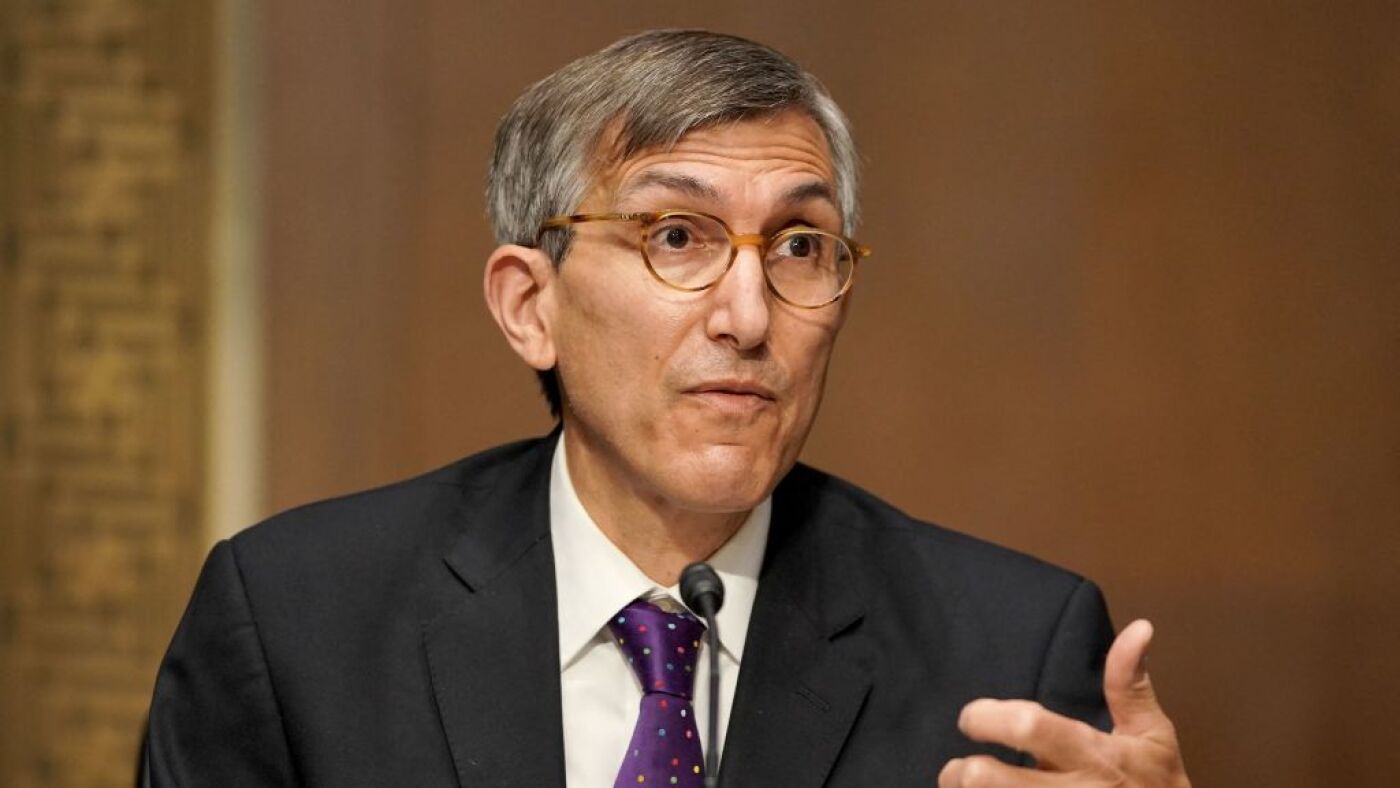Vaccine Panel Shakeup: Top FDA Advisor Resigns Amid RFK Jr. Controversy

In a dramatic turn of events, Dr. Peter Marks, a prominent vaccine advisor at the FDA, submitted his resignation on Friday, citing a troubling breakdown in institutional integrity. His resignation letter delivered a scathing critique of the current leadership, particularly targeting HHS Secretary Robert F. Kennedy Jr., by asserting that "truth and transparency are not desired" within the department.
The unexpected departure highlights growing tensions within the healthcare bureaucracy and raises serious questions about the current administration's commitment to scientific transparency. Dr. Marks, known for his expertise and dedication to public health, appears to have reached a breaking point in his frustration with what he perceives as systemic obfuscation of critical information.
By stepping down, Dr. Marks sends a powerful message about the importance of honesty and openness in public health decision-making. His resignation serves as a stark reminder of the ongoing challenges facing medical professionals who seek to maintain the highest standards of scientific integrity.
